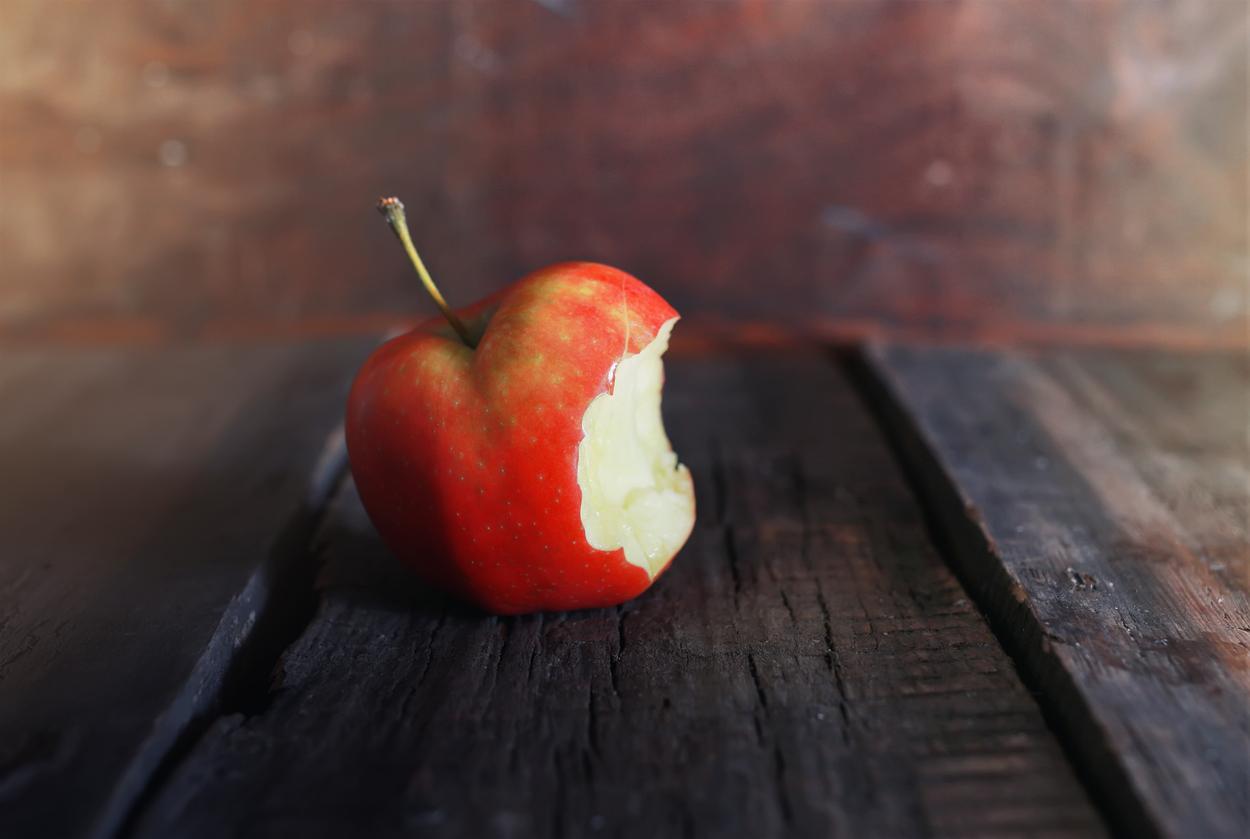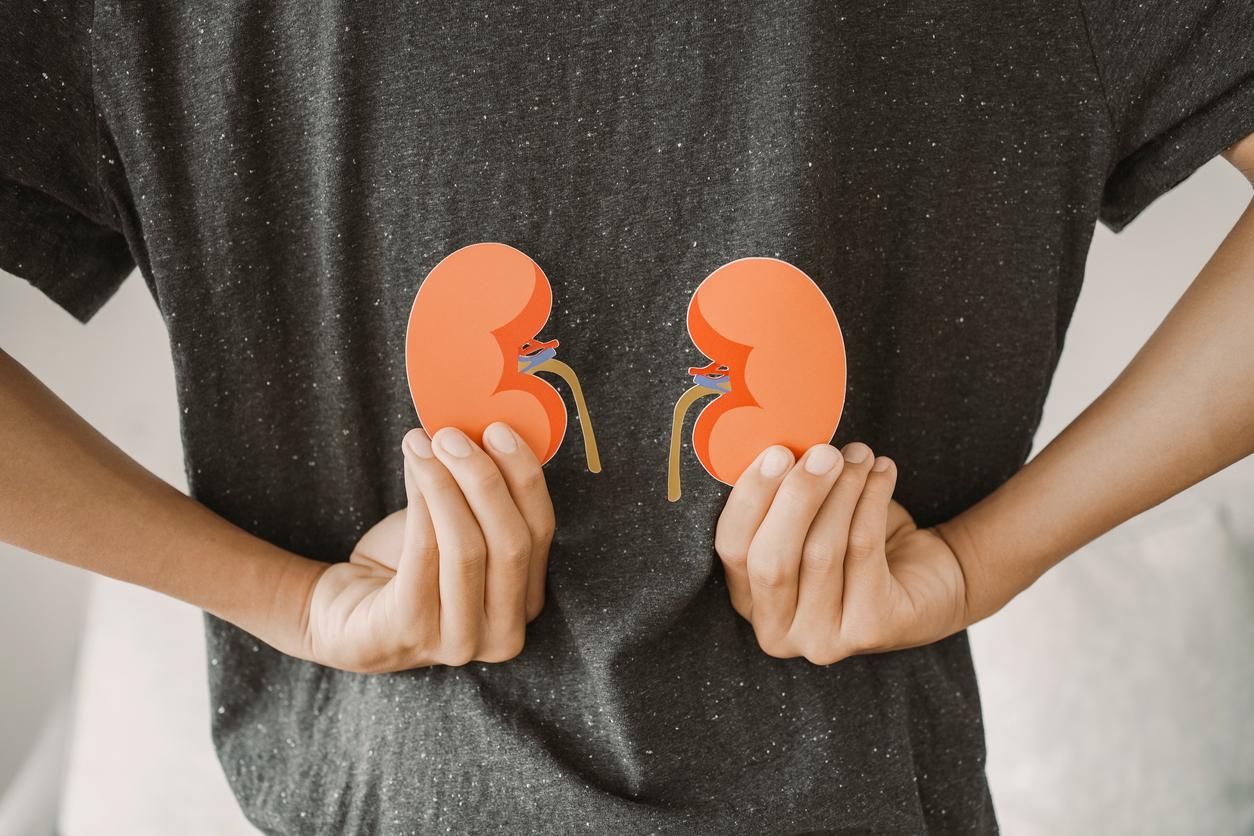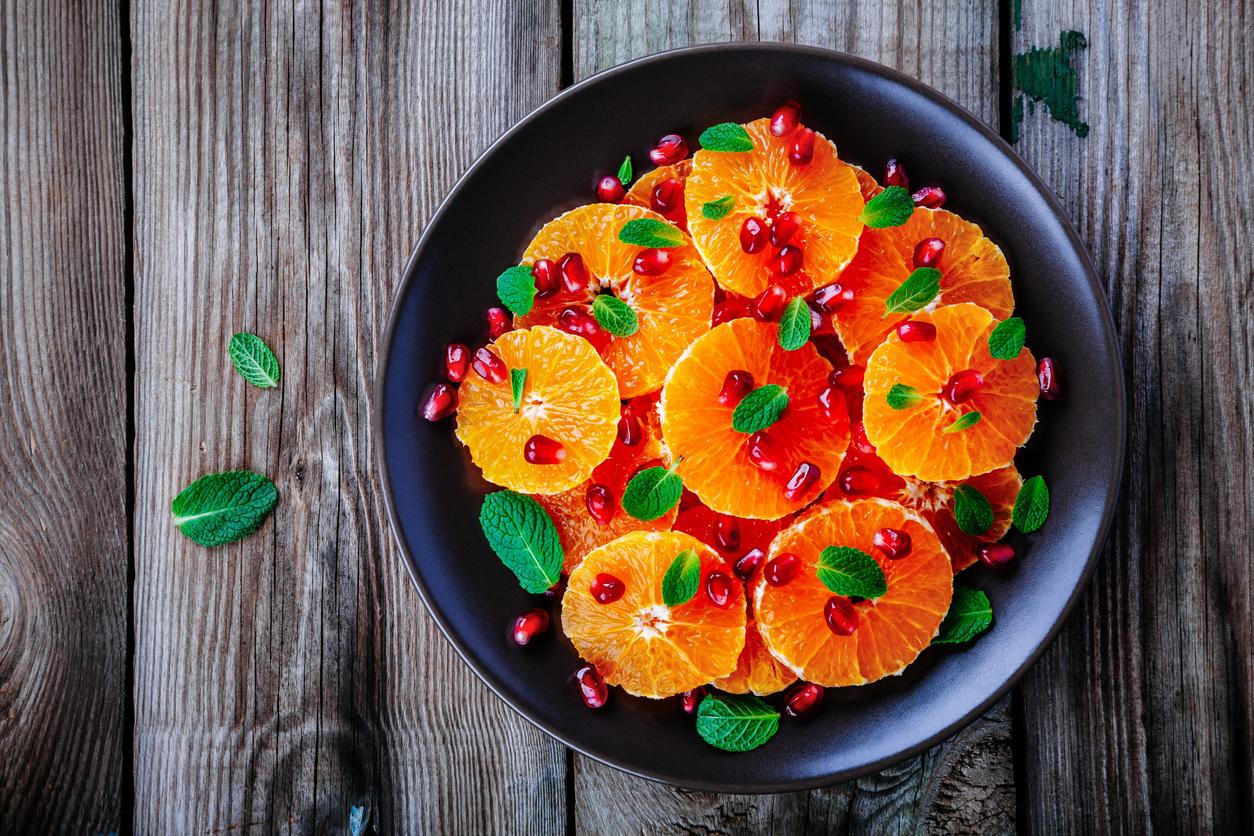Two fruits containing flavonoids reduce the risk of frailty in older adults, a study finds.

- Some fruits containing flavonoids help combat fragility syndrome.
- This syndrome mainly affects people over 70 years old.
- It carries a risk of mortality, disability, falls, hospitalization and admission to an institution.
“Frailty syndrome is a risk marker for mortality and adverse events, including disabilities, falls, hospitalization and institutionalization, according to the High Authority of Health (HAS). Age is a major determinant of frailty but does not explain this syndrome on its own. Addressing the determinants of frailty can reduce or delay its consequences. Thus, frailty would be part of a potentially reversible process.”
Combating frailty syndrome in the elderly
This is also the opinion of American researchers fromHinda and Arthur Marcus Institute for Aging Research in Boston who published a study on this subject. They explain that regular consumption of two fruits could reduce the risks of fragility syndrome (whose prevalence is low before the age of 70, according to the HAS) and more broadly the signs of premature aging.
For their research, they followed 1,701 people for twelve years. These people did not have symptoms of fragility syndrome at the beginning of the study, but they suffered from bone fragility. The scientists wanted to study the effects of certain fruits on their health.
Two fruits contain more flavonoids
Experts have noticed that people who consume flavonoids have a lower risk of premature aging and frailty syndrome. flavonoids are present in plants, fruits, vegetables, chocolate, tea and even red wine.
“The data suggest that there may be particular subclasses of flavonoids that have more potential as a dietary strategy for the prevention of frailty”, says Professor Shivani Sahniresponsible for research.
The two fruits that contain the most flavonoids are apples and berries, so it is advisable to consume them daily, especially as we age. Grapes and spinach are also rich in flavonoids.
















